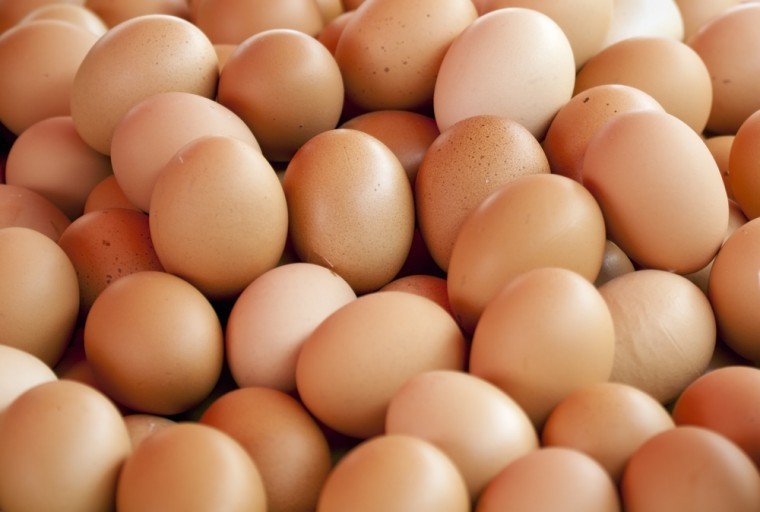“If we don’t let the birds out after the end of February, we will lose our free range customers,” said Stephanie Holmes, who with her husband Christopher has built up a flock of 5,000 birds at Philpots Farm, West Hoathly. “We will have to go down to barn prices for the eggs and then we will have to sell up.” She estimated that free range eggs which can make £1.35p a dozen would have to be sold as barn eggs for about 75p a dozen.
Eggs from Philpots Farm are delivered to customers and sold at farmers markets rather than supermarkets. Unfortunately, Philpots Farm – like some other free range poultry farms – is in one of the higher risk areas introduced by DEFRA to try to control the spread of the H5N8 strain of bird flu which has been found in wild and farmed birds in the UK. From 6 December, DEFRA said that under European Union regulations, birds had to be housed for 12 weeks until 28 February.
During that time, eggs can still be called free range. But beyond that time, they lose their free range status if they are still housed like the Holmes’ birds in higher risk areas. Other birds outside the higher risk areas can go outside as long as their owners use strict biosecurity measures. Poultry keepers with more than 1,000 birds will have to identify clearly defined areas where access is limited and vehicles, equipment and footwear must be disinfected.
If they want to keep their free range status beyond 28 February, the only other option for Mr and Mrs Holmes is to net their entire range so that they keep their birds separate from wild birds. But Mrs Holmes said that netting was very expensive and could cost £5,000.
Speaking just after another outbreak of bird flu was confirmed at a farm in Suffolk on 14 February, Mrs Holmes said she and her husband could not contact DEFRA for advice. “We have tried everyone from the egg inspectors to the vets, but they are so busy.” Mrs Holmes said she wanted to know why chickens were still roaming some gardens and farms locally; and how chicks could still be brought in for rearing.
Robert Gooch, chief executive of the British Free Range Egg Producers Association (BFREPA) said that enforcement of the bird flu rules was supposed to be done by trading standards officers. “But they don’t have the resources to do it.” Back yard or hobby flocks – which Mrs Holmes probably saw roaming – are below the requirements for inspection by the egg marketing inspectorate. “But all commercial producers in the country have to be inspected by the inspectorate.”
Mr Gooch added that netting ranges in the higher risk areas after 28 February would be “impractical” for commercial free range producers. “The average free range farmer would have to net about 30 acres, and that is totally impractical.”
Mr Gooch urged the government to introduce a “more sympathetic interpretation” of the rules – as has happened in Wales where birds will be let out after 28 February even though there was a case of bird flu in the principality this year.




